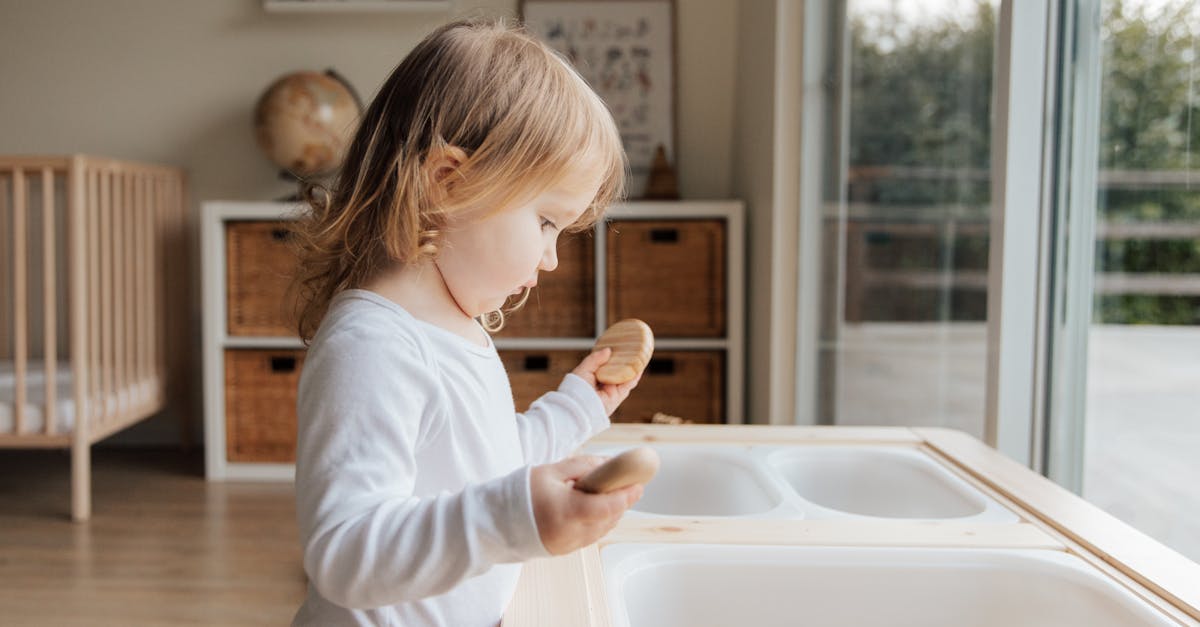Understanding AI and Character Building
AI, or artificial intelligence, might sound futuristic, but it’s all around us. Now, it’s playing a role in character building for kids! Picture this: kid-friendly apps powered by AI guiding your child as they learn about empathy, kindness, and resilience. It’s like having a never-tiring, always patient mentor.
These AI tools are designed to make learning about emotions and good behavior as engaging as their favorite video games. AI simplifies complex ideas, making character-building fun and relatable. But how does this magic work?

Why AI Matters in Character Building
AI in character building isn’t just a tech trend; it’s a transformative tool. As children interact with AI systems, they receive instant feedback, helping them understand the consequences of their actions. This real-time learning is crucial for emotional and moral development. It means the lessons stick. Imagine an app that praises your kid every time they show patience or punishments that teach in a way that’s gentle and constructive. This mix of tech and teaching helps kids understand what good behavior looks like in real life.
Practical AI Tools for Early Learners
Now, let’s dive into some practical AI tools. First up, Meet Woebot, a friendly AI that chats with kids about their feelings, helping them navigate emotions.
Or try Replika, designed for older kids, which uses AI to create supportive, non-judgmental conversations.
Don’t forget about Prodigy Game, blending math practice with character-building quests! These apps turn emotional learning into an adventure, making it memorable.
All these tools focus on building a child’s emotional and social toolkit, crucial for their growth.

Tackling Emotional Challenges with AI
Kids face big emotional hurdles daily. A falling-out with friends can feel like the end of the world. Here, AI can be a game-changer. Imagine a personalized coach that helps kids talk through their problems and offers solutions. That’s what AI can do. Apps using AI can suggest coping strategies and model positive behavior. AI doesn’t replace human interaction, but it supports it, providing an extra layer of guidance and reassurance, especially during tough times.

Interactive Learning: AI’s Role in Development
Interactive learning is where AI truly shines. AI-powered games and apps adapt to your child’s learning pace, ensuring they are always challenged but never overwhelmed. Games like ‘Mystery Science’ encourage kids to ask questions and explore their curious minds. AI’s role here is subtle but powerful, creating an environment where learning is a joyous, engaging process. Think of AI as the gentle, knowledgeable guide always ready with the next exciting challenge.

Engage and Share: A Community of Parents
Being a parent means constantly looking for new ways to support your child’s growth. So, share your experiences! What AI tools are your kids using? Have you noticed any positive changes in their behavior? Let’s create a community of parents swapping stories and advice. Post your thoughts in the comments. Your insights might help another parent or give someone the push to try AI tools. Together, we can make character-building a fun, enriching part of every kid’s growth journey.
